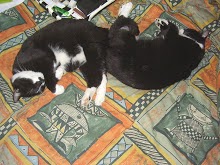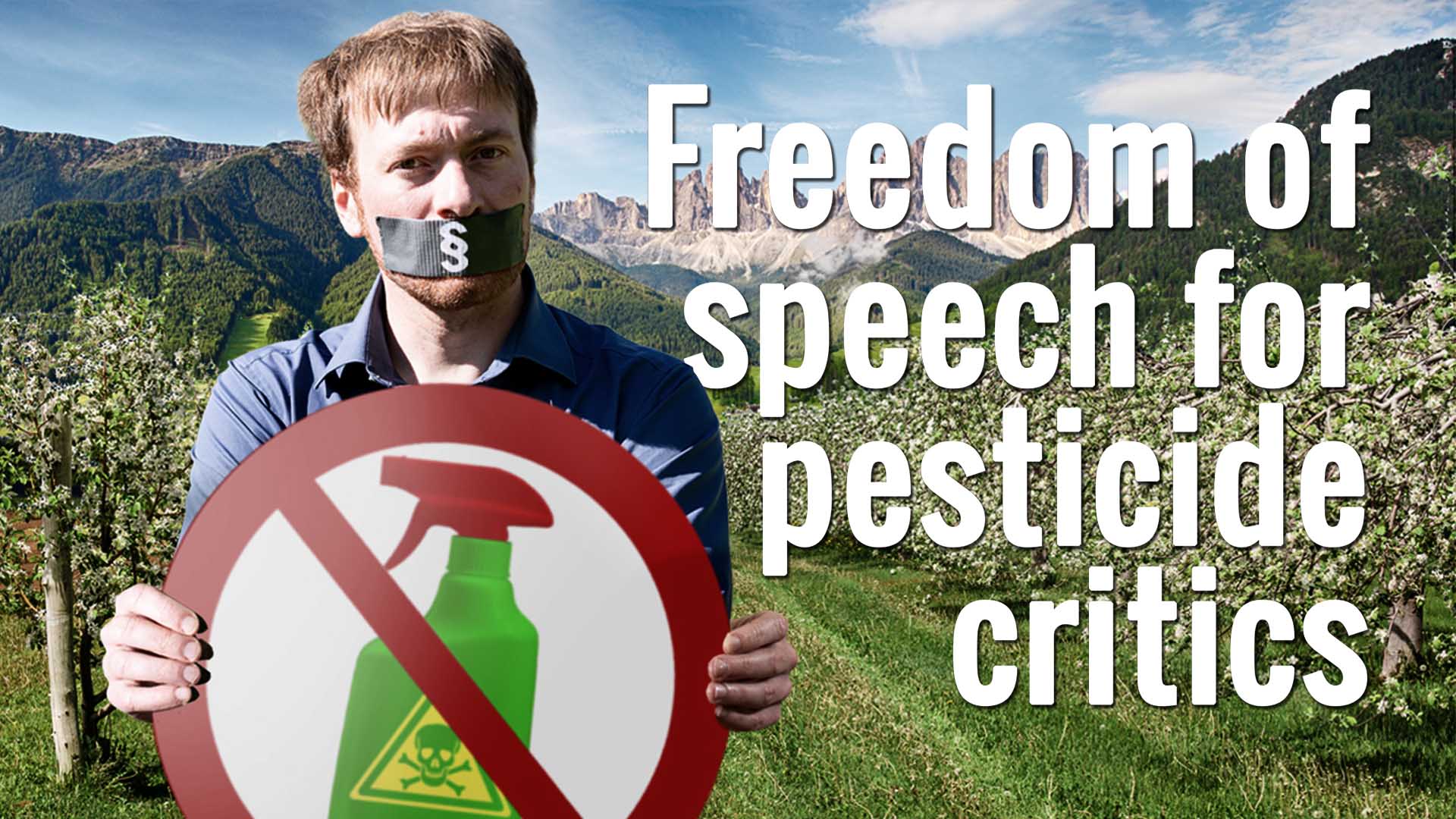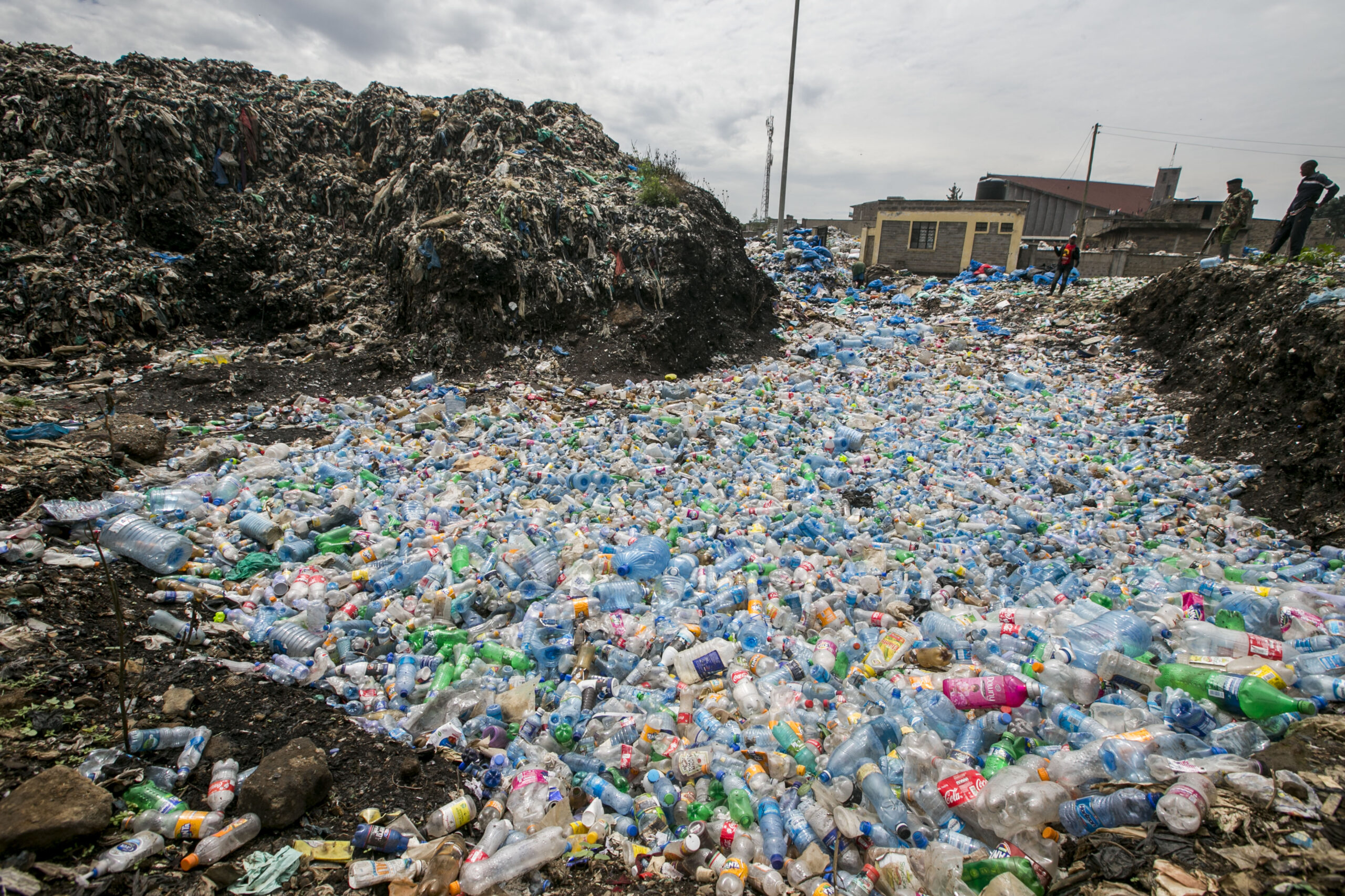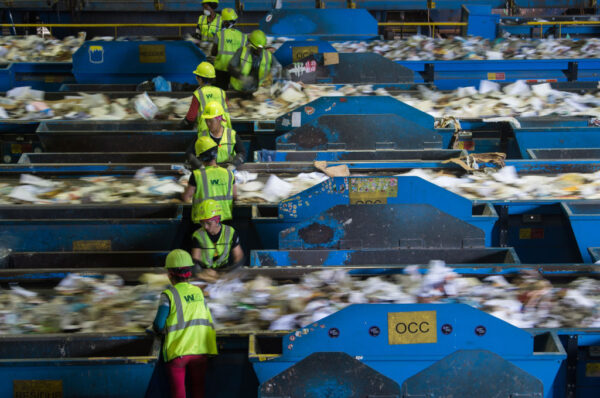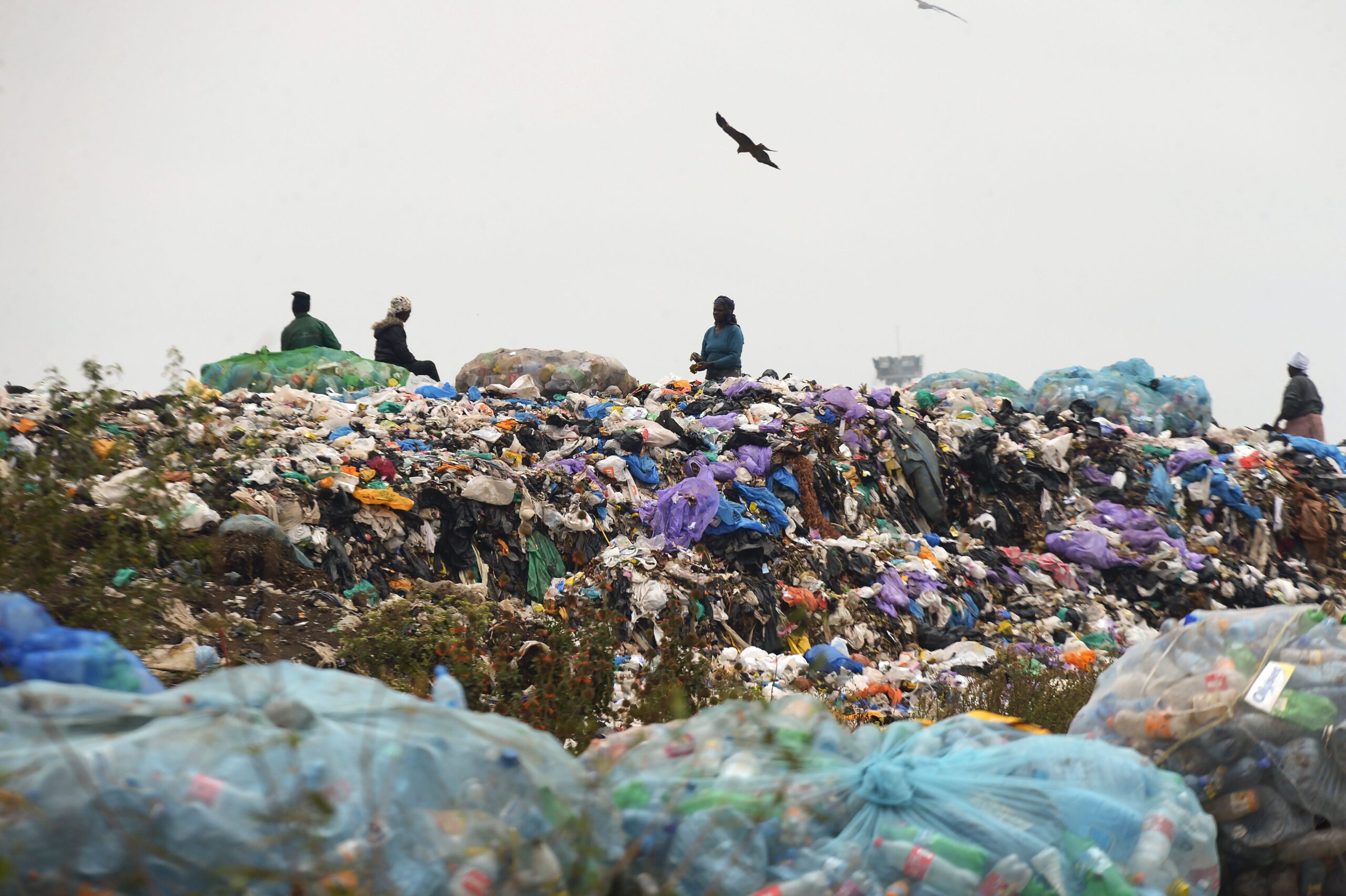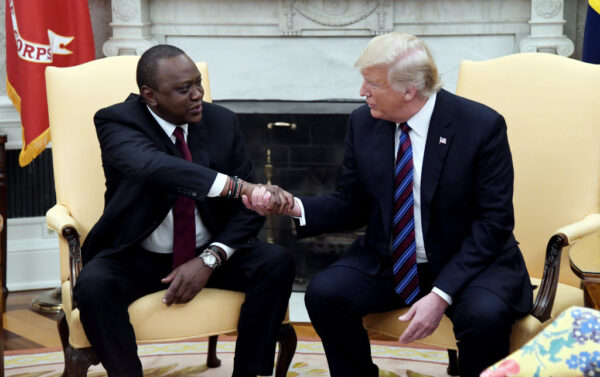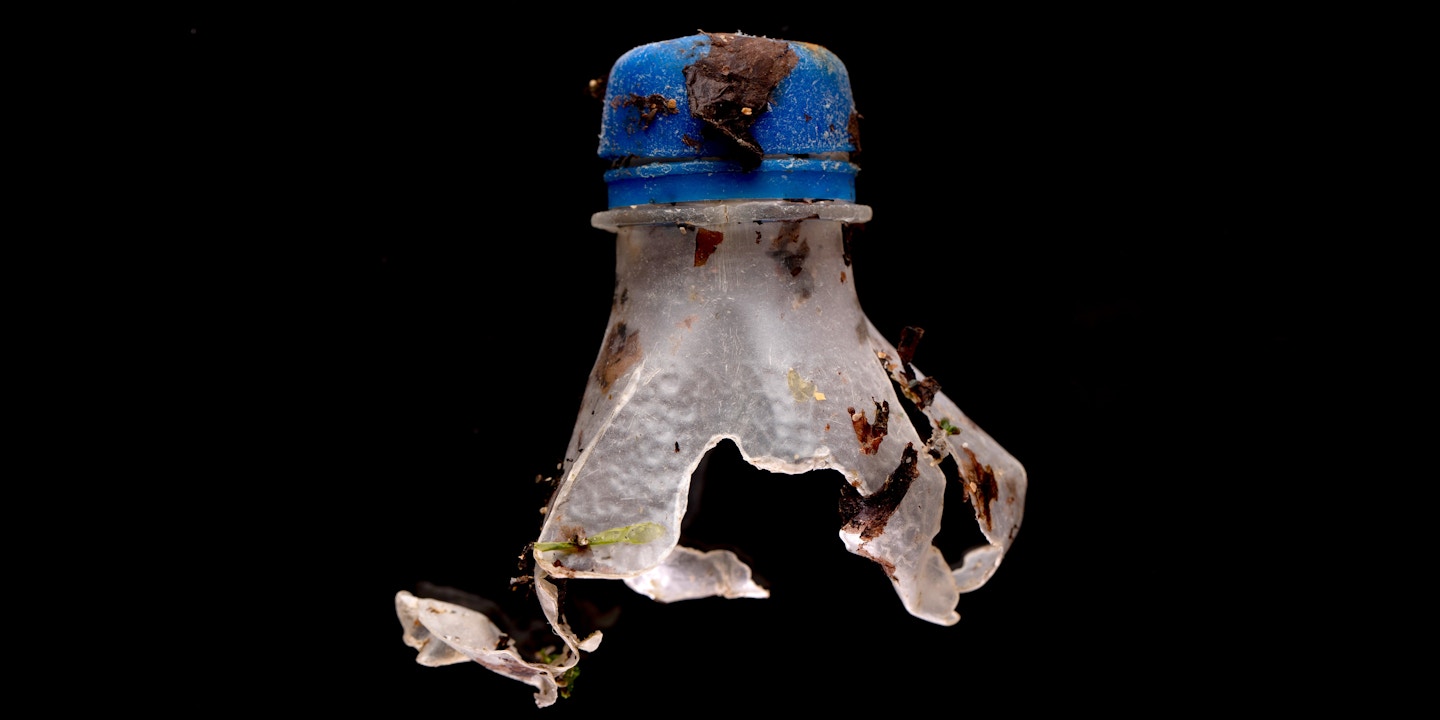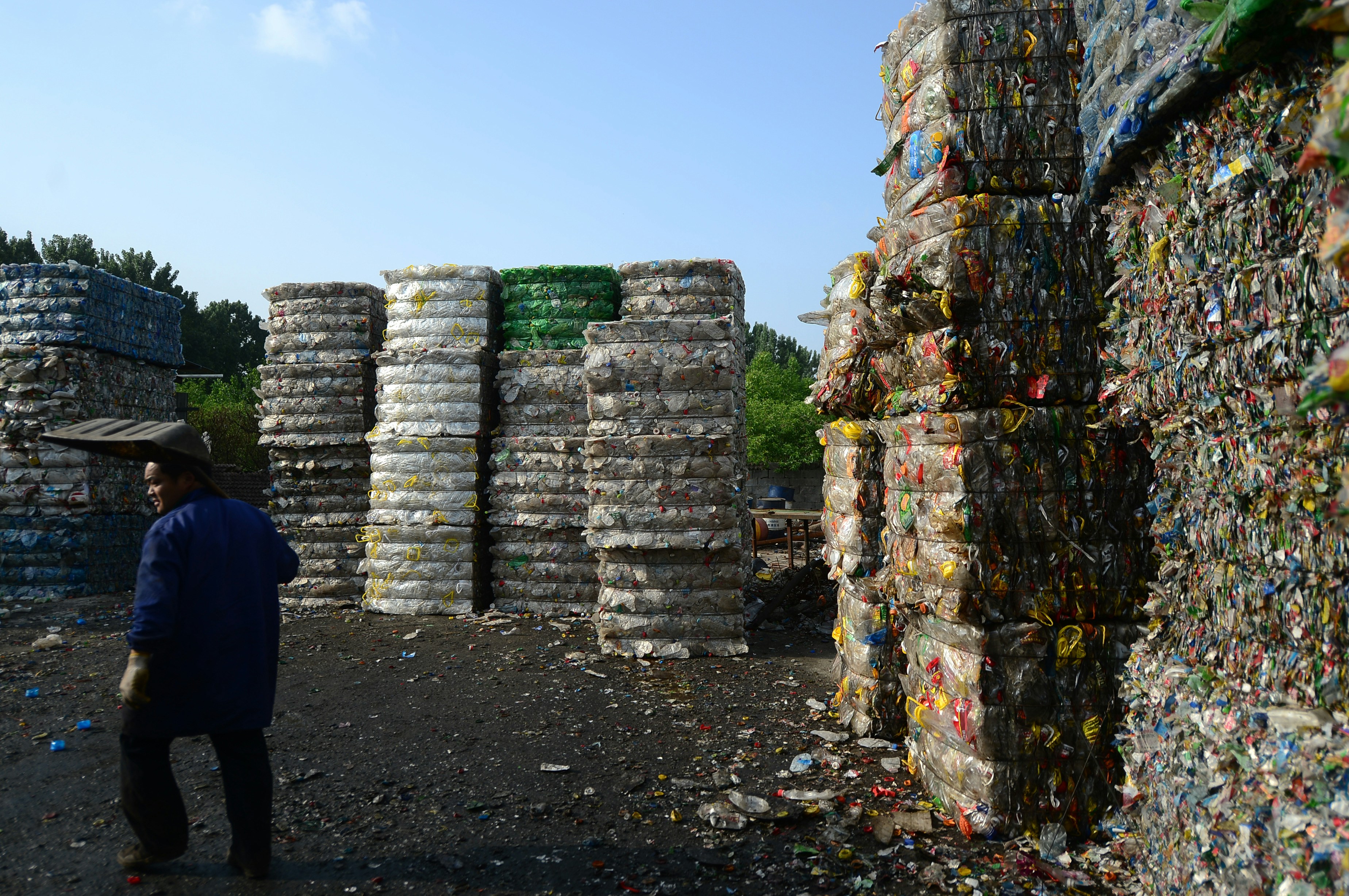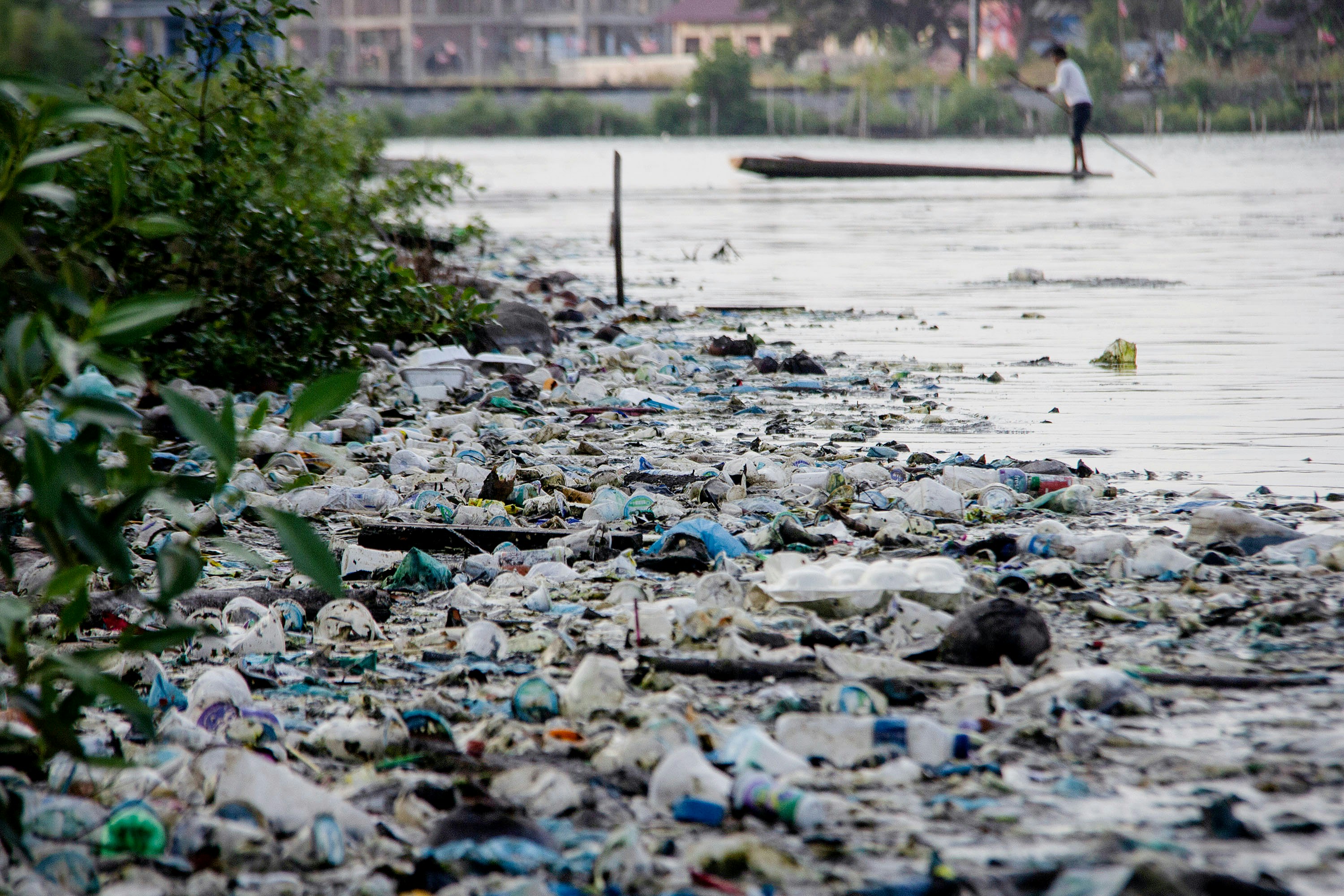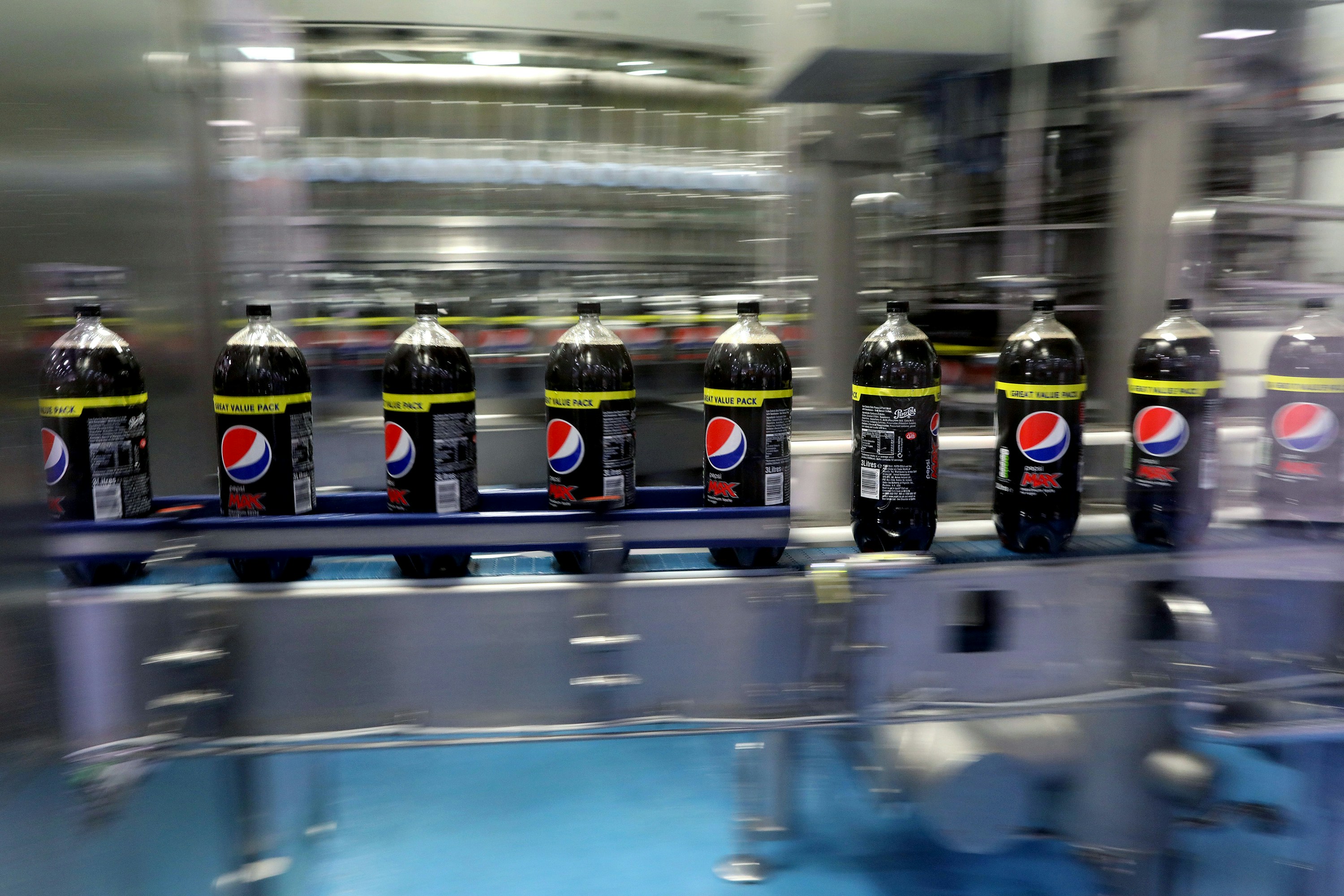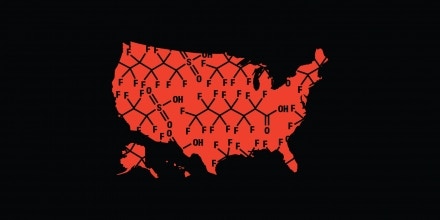Schande!! Nadat het Europese Octrooibureau (European Patent Office >> EPO) vorig jaar heeft gesteld dat conventioneel geteelde gewassen niet voor een patent in aanmerking komen, hebben Bayer-Monsanto, DowDupont, Heineken en Carlsberg een maas in de wet gevonden en doen opnieuw pogingen om voor iedere boer, tuinder en particulier toegankelijke zaden van gewassen te patenteren...... Daarmee zou men bijvoorbeeld het patent krijgen op broccoli en zou iedereen die dat groentegewas teelt een bepaald bedrag moeten betalen aan de eigenaar van dat patent......
Dit soort geteisem zou alleen al voor die poging aan de paal genageld moeten worden, ze hebben met hun vieze grofgraai klauwen af te blijven van gewassen die in feite van iedereen zijn!!!
Het is trouwens al zo dat de grote gifmengers in feite de meeste groentezaden in bezit hebben, dit door overname van een enorm aantal zaadbedrijven........ Met hun (giftolerante) gentech zaden belazeren ze kleine boeren in arme landen, als die boeren een slechte oogst hebben bijvoorbeeld door droogte of andere omstandigheden, kunnen ze niet terugvallen op de eigen zaden die door vermeerdering zijn verkregen (zoals dat traditioneel ging) en gaan failliet, daar ze gedwongen hun zaden moeten kopen bij het bedrijf dat hen belazerde en dat zijn bedrijven als Bayer-Monsanto, DowDupont en Syngenta, echter die boeren hebben daar na een slechte oogst uiteraard het geld niet voor......
Na zo'n faillissement komt de grond in handen van deze bedrijven die na een aantal faillissementen enorme gebieden tot hun beschikking hebben, waar ze giftige groenten telen (middels gentech zaden waarvan de planten grote hoeveelheden van bijvoorbeeld het uiterst kankerverwekkende glyfosaat kunnen verwerken, zonder dat de plant sterft, maar vervolgens wel afgeladen is met dat gif......) Veel van de kleine boeren bijvoorbeeld in India hebben zich het leven benomen na zo'n faillissement.... Je zal begrijpen dat die gifmengers niet zelden boeren, die door hun toedoen failliet zijn gegaan, laten werken op hun akkers, voor een appel en ei wel te verstaan, met waardeloze arbeidsvoorwaarden en zonder afdoende bescherming als er met gif moet worden gespoten...... Tijd dat de eigenaren van de genoemde grote bedrijven strafrechtelijk worden vervolgd door het Internationaal Strafhof (ICC)!!
Lees enteken de petitie ajb en geeft het door: geen patenten op zaden van gewone gewassen!!
Bayer-Monsanto at it again
David - WeMove Europe <info@wemove.eu>
No one should be able to own the exclusive right to grow and sell fruits and vegetables. It sounds obvious but this is what we fought to prevent for over four years. And we won. Last year, the European Patent Office (EPO) officially accepted that conventionally bred plants are not patentable. [1]But companies like Bayer-Monsanto, DowDupont, Heineken and Carlsberg have found ways to undo that win by finding legal loopholes to register new patents on melons or barley. [2]
What they are doing is pretty sneaky: it’s called ‘technical topping’ and it’s a way to exploit the loopholes introduced by the EPO. [3] While patents on conventionally bred plants are prohibited, patents on breeding by means of genetic engineering, including new methods such as genome editing can be patented. [4]
Now companies can try to blur the distinction between conventional breeding and genetic engineering. In practice, this means that seeds to make beer or melons can still be claimed as an invention.
We already got the EPO to listen to us through a huge petition, filing thousands of complaints against a patent on tomatoes, and a protest in Munich at the Oktoberfest beer festival. [5]
As the EPO meets next week, it’s time to remind them that we’re still here and we won’t allow them to cancel our win. Right before they meet, our partners will dress up as screaming vegetables (see photo below) in front of EPO’s office in Munich and hand over our signatures.
|
|
Patents create monopolies: fruits, vegetables and seeds claimed in patents cannot be used by other farmers for further breeding without the permission of the patent holder. This means that a handful of large corporations get far-reaching control over our daily food production - they can decide what we eat, what farmers produce, what retailers sell and how much we all have to pay for it.
Our partners "No patents on seeds" recently protested in front of the German Ministry of Justice
and will soon bring their screaming vegetables in protest in front of the EPO’s office in Munich.
If these patents are not stopped, small farmers will become more and more dependent on big companies that can control access to seeds for further breeding. The EPO needs to take action as soon as possible, before the likes of Bayer-Monsanto and DowDupont own the exclusive rights to fruits, vegetables and seeds. Let’s make sure the EPO stands strong, and does not allow any more patents on seeds until they close these loopholes.
|
|
After more than four years of campaigning to stop patents on seeds, our efforts put an end to years of complete legal absurdity and chaotic decision-making at the EPO. Corporations fought tooth and nail, lobbying, spending a lot of money to beat us, but our people power prevailed. As corporations try to find loopholes, let’s make sure our voice stays strong, again. Save the future of food, sign now!
With hope,
David
(London), Giulio (Rome), and the entire WeMove Europe team
References
[1]
https://www.epo.org/law-practice/case-law-appeals/communications/2020/20200514.html
https://www.sdhsprogram.org/european-patent-office-plants-animals-obtained-classical-breeding-not-patentable/
[2]
https://www.no-patents-on-seeds.org/sites/default/files/news/No%20patents%20on%20seeds%20-%20Overview%202018-2019_1.pdf
https://www.no-patents-on-seeds.org/en/publications/report2021
[3]
https://www.no-patents-on-seeds.org/en/news/G3-19
[4]
https://www.no-patents-on-seeds.org/en/news/report2020
[5]
https://www.wemove.eu/big-win-patents
WeMove Europe is an independent and values-based organisation that seeks to build people power to transform Europe in the name of our community, future generations and the planet. To unsubscribe from WeMove Europe, please click here.
WeMove Europe is funded by donations from our community across Europe. Can you chip in with a few euros a month and help make sure we can move fast to win the campaigns that matter to all of us? Donate
Follow on Twitter | Like on Facebook | Subscribe on Youtube
WeMove Europe SCE mbH | Planufer 91 Berlin | www.wemove.eu | Privacy policy
========================================
Zie ook: 'Monsanto 'liefdadigheidsorganisatie die zich inzet voor wereldvoedselprobleem......'' (o.a. over Monsanto's patent op radijs.....)
'Supermarkten en de rest van de voedselindustrie zijn verworden tot een supermacht'
'Greenpeace vraagt Australische regering de verkoop van Roundup aan banden te leggen, nadat een VS rechter oordeelde dat het gif kankerverwekkend is.....' (en zie de links in dat bericht!!)
Voor meer berichten over Monsanto, Bayer (nu één bedrijf maar vanwege de labels, blijf ik ze apart noemen), Heineken, Dupont en Dow Chemical (voor de laatste 2 geldt hetzelfde als voor Bayer-Monsanto) en Syngenta, klik op het label met de betreffende naam, direct onder dit bericht.
